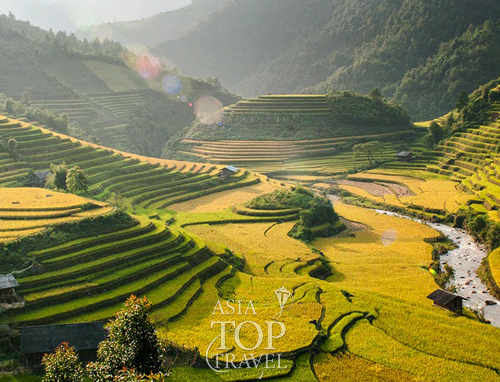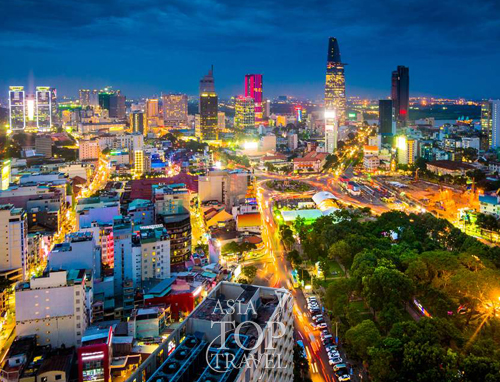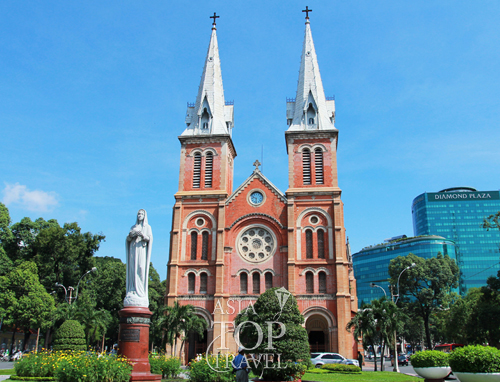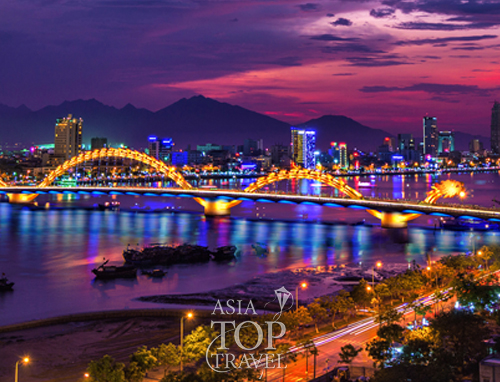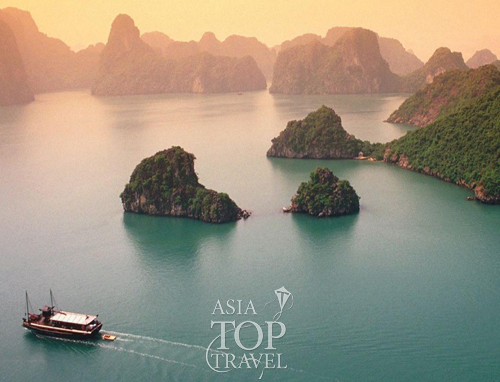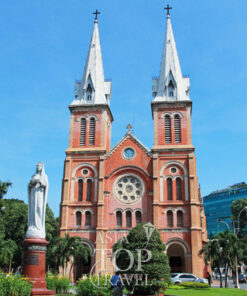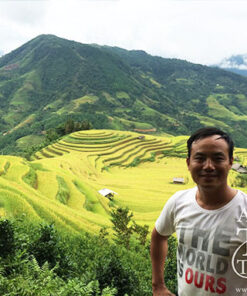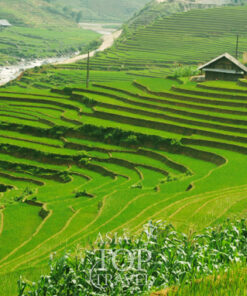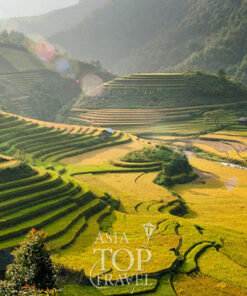Time difference
GMT: +7 hours
Voltage & Electricity
Thailand uses 220V / 50Hz. Common plug types: A, B, C.
Language
Thai is the official language. English is widely spoken in major cities and tourist areas.
Currency & Money
The currency is Thai Baht (THB). ATMs are abundant. Credit cards are accepted in most urban hotels, restaurants, and shops.
Tipping
Not mandatory, but appreciated. Round up the bill or leave 10% in restaurants. Small tips for porters, guides, and drivers are welcome.
Visas
Tourists from over 60 countries are visa-exempt for stays from 14 to 60 days, depending on nationality. E-visa is also available for some nationalities. Check latest details at: https://www.thaievisa.go.th/
What to pack
Lightweight, breathable clothes. Modest clothing for temples (no sleeveless tops or short skirts). Swimwear, sunscreen, insect repellent, reusable water bottle.
Public Holidays
Jan 1: New Year’s Day
Apr 13–15: Songkran (Thai New Year)
May: Visakha Bucha Day
Jul: Buddhist Lent Day
Dec 5: King’s Birthday / Father’s Day
Dec 10: Constitution Day
Dec 31: New Year’s Eve
Opening hours
Shops: 10am–10pm (most days). Government offices: 8:30am–4:30pm (Mon–Fri)
Rules of good conduct
– Dress respectfully at religious sites.
– Never touch someone’s head or point your feet at people or religious images.
– Always remove shoes before entering temples.
– Show respect to the Royal Family.
– Smile – it’s part of the culture!
Climate
Thailand has three seasons: cool (Nov–Feb), hot (Mar–May), and rainy (Jun–Oct). The cool season is best for travel across the country. The islands in the Gulf (e.g., Koh Samui) and Andaman Sea (e.g., Phuket) have different monsoon timings.
Festivals in Thailand
1. Songkran – Mid-April
The Thai New Year celebrated with water fights, religious rituals, and family reunions nationwide.
2. Loy Krathong – November
Participants float decorated baskets on rivers under the full moon, especially stunning in Chiang Mai and Sukhothai.
3. Yi Peng – November (Chiang Mai)
Lantern festival where thousands of glowing lanterns are released into the sky in northern Thailand.
4. King’s Birthday – December 5
A national holiday with ceremonies, candlelight processions, and acts of merit in honor of the King.
5. Phuket Vegetarian Festival – September/October
A colorful, intense nine-day festival featuring spiritual rituals and processions.
1. Bangkok
Thailand’s energetic capital – a mix of modern and traditional. Visit the Grand Palace, Wat Pho, and take a boat on the Chao Phraya River.
2. Chiang Mai
Mountain city filled with ancient temples, artisan villages, and famous for its lantern festivals and trekking adventures.
3. Phuket
Thailand’s largest island – great for beach resorts, island hopping, and nightlife.
4. Ayutthaya
UNESCO-listed ancient capital, home to impressive temple ruins and historical parks.
5. Krabi & Railay
Dramatic limestone cliffs, clear water, and some of the best rock climbing and beaches in Southeast Asia.
1. Island hopping in the Andaman Sea
Explore iconic islands like Phi Phi, Similan, and James Bond Island on boat tours.
2. Thai cooking class
Join local chefs to learn dishes like pad thai, green curry, and mango sticky rice in Chiang Mai or Bangkok.
3. Visit elephant sanctuaries
Ethical experiences in Chiang Mai or Surin let you interact with rescued elephants without riding them.
4. Explore Thai markets
From floating markets like Damnoen Saduak to the famous Chatuchak Weekend Market, shop for everything from food to crafts.
5. Relax with a Thai massage
Traditional Thai massage is a must-try – available at temples, spas, and wellness resorts nationwide.


